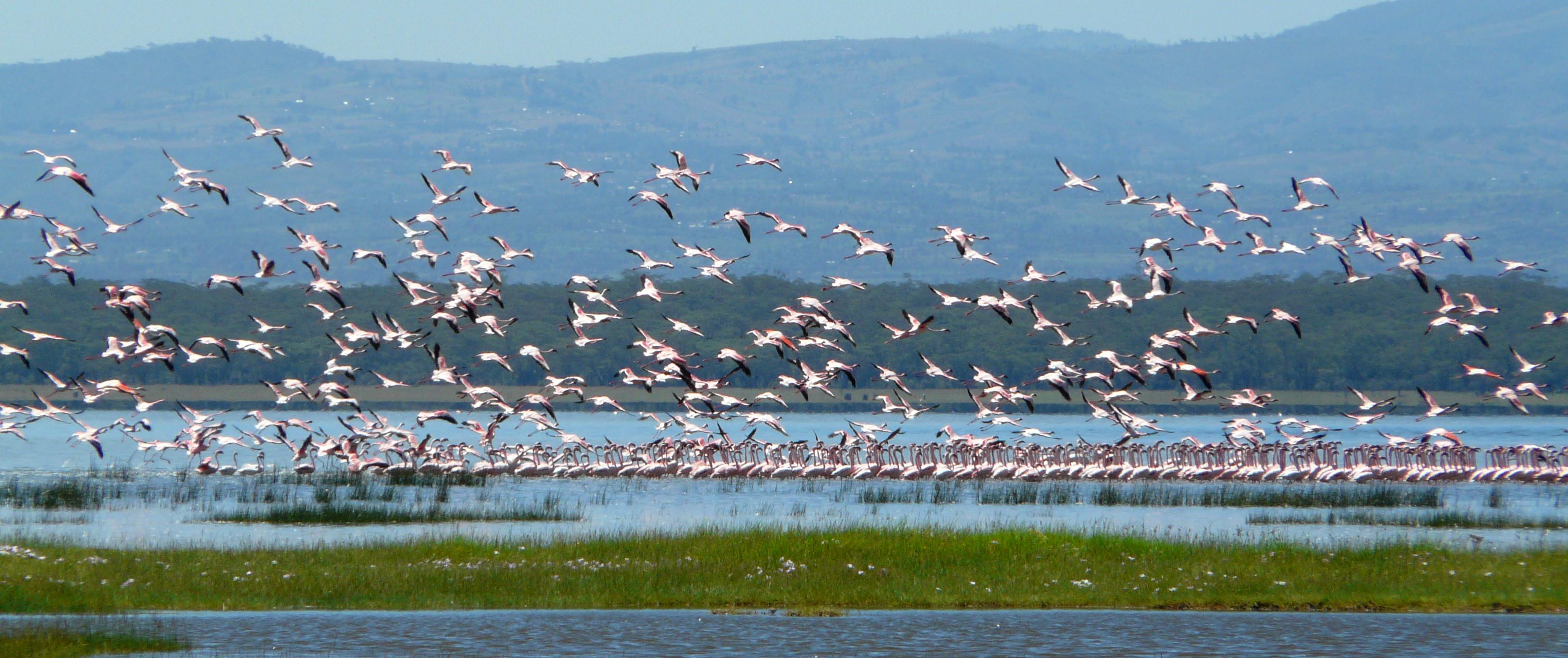IGAD, IUCN and UNECE launch project to support transboundary water cooperation in the IGAD region
Transboundary water cooperation often brings many more benefits than expected, but they are frequently not fully perceived and not appropriately communicated to policy-makers. In 2015, the Intergovernmental Authority on Development (IGAD) in the Horn of Africa requested support from the International Union for the Conservation of Nature (IUCN) and from the UNECE Water Convention secretariat to strengthen the understanding of and catalyse potential actions on the enhancement of benefits from cooperation in one transboundary basin in the region.

Photo: Geoffroy Mauvais
On 14-16 December 2016, the IGAD, the IUCN and UNECE organized a workshop in Nairobi to launch the new project titled “Strengthening Transboundary Water Governance and Cooperation in the IGAD Region” which will enable, among others, highlighting benefits of cooperation based on the approach of IUCN’s Building River Dialogue and Governance (BRIDGE) project on fostering dialogue around benefits enhancement through cooperation, combined with the approach described in the UNECE’s Policy Guidance Note on Identifying, Assessing and Communicating Benefits of Transboundary water Cooperation, developed under the Water Convention. BRIDGE is being implemented in fourteen basins around the world in Central and South America, South East Asia, West, Southern and Eastern Africa. The Guidance Note is already being applied in several shared basins worldwide, notably in the Okavongo-Cubango and Drina.
The objectives of the project are to strengthen regional and basin level institutional frameworks for cooperation on trans-boundary water resources, and to facilitate conflict mitigation, negotiation, and problem solving through joint dialogue. The project will also further build capacity in hydro-diplomacy, international water law, negotiation skills of the IGAD Member States officials in charge of water affairs. The ultimate goal is to improve the capacity for and practice of trans-boundary water governance and cooperation both at regional level and in a demonstration basin.
As an outcome of the workshop, the Sio-Malaba-Malakisi basin, shared by Kenya and Uganda was selected as demonstration basin for the project. In 2017-2018, in this basin, benefits of transboundary water cooperation will be assessed, future development scenarios will be evaluated in a participatory process and a possible institutional setup for future cooperation will be developped.
This workshop gathered members of the IGAD Member countries, IGAD Secretariat staff with technical support provided by the IUCN’s Global Water Programme and Environmental Law Centre and UNECE, and financial and technical support from the Swiss Agency for Development and Cooperation (SDC) and the Bureau of Oceans and International Environmental and Scientific Affairs (OES) of the United States Department of State. Representatives of the Permanent Okavango River Basin Water Commission (OKACOM) and Estonia shared their good practices and lessons learnt.
The Executive Secretary of IGAD, Mr. Amb (Eng) Mahboub Maalim stressed that considering the frequent droughts in the region, water and food security are among the highest priorities of IGAD and thus, this project comes at the right time.
The Director of the IGAD Agriculture and Environment Division, Mohamed Moussa, welcomed participants to the workshop and thanked the partners for the support provided. “We are in the process of translating into action the IGAD Water Policy Framework that was endorsed by Ministers in January 2015 in Addis Ababa”, he said.
For more information
